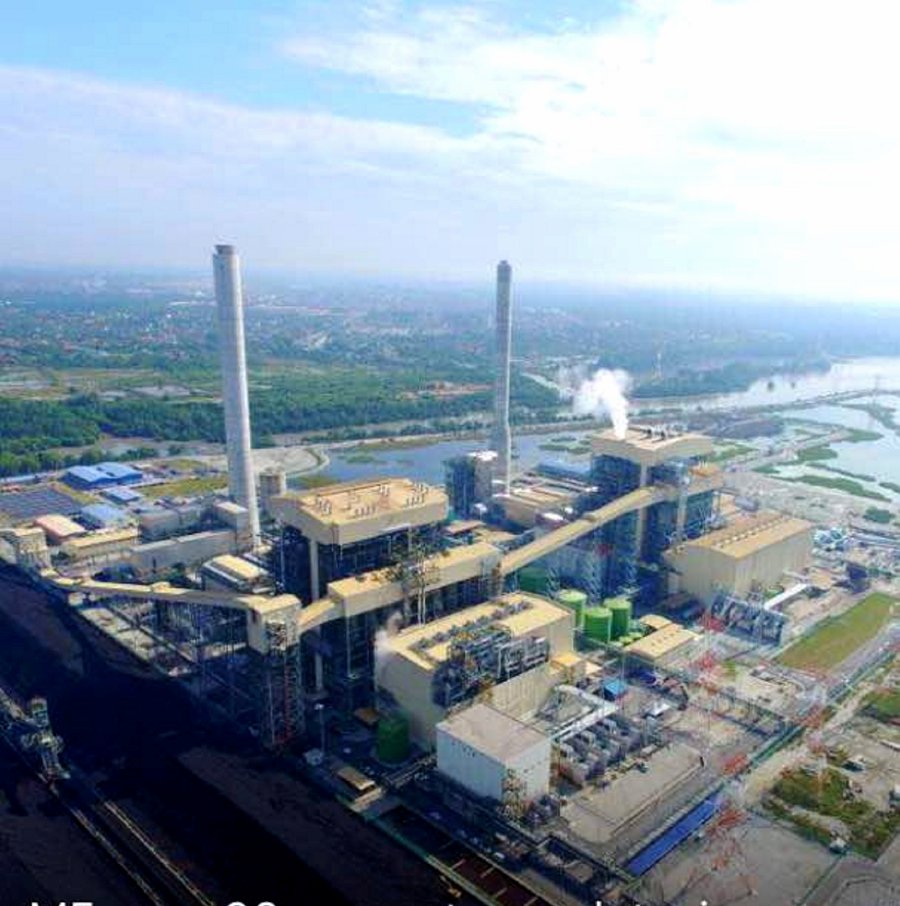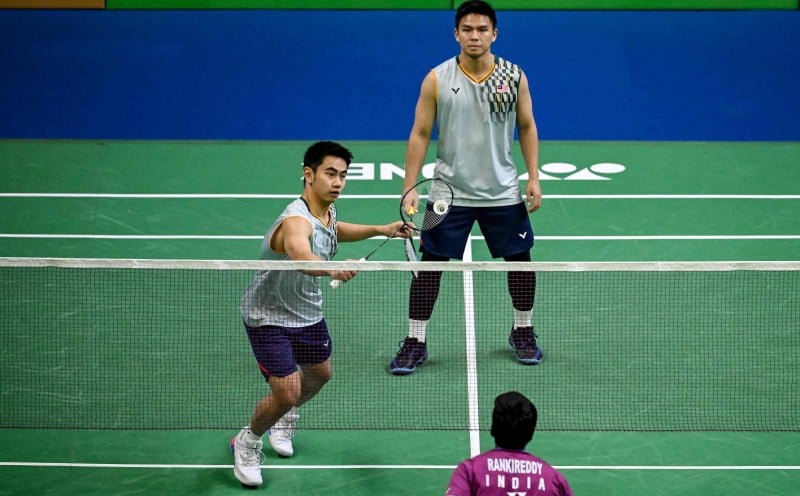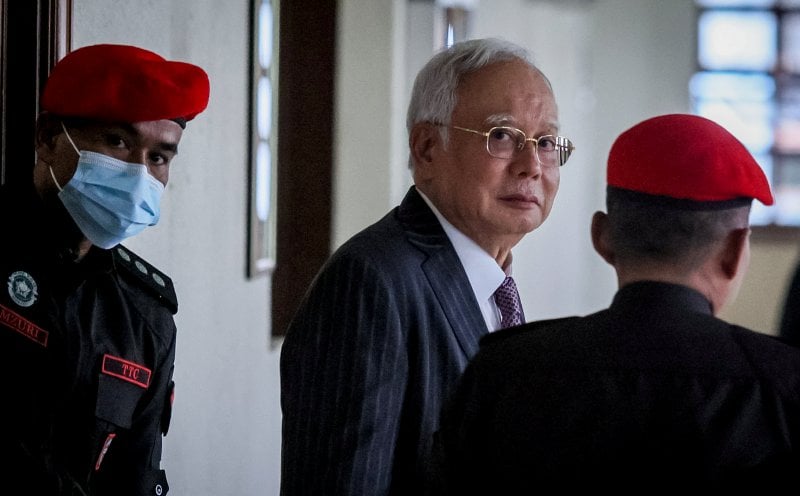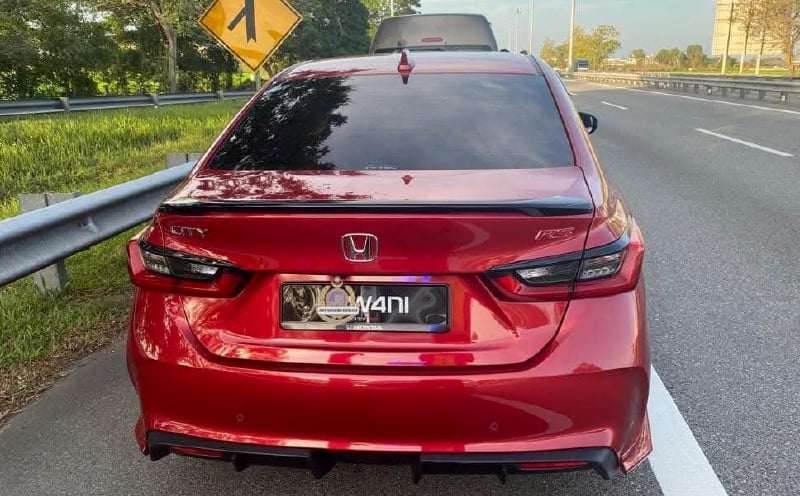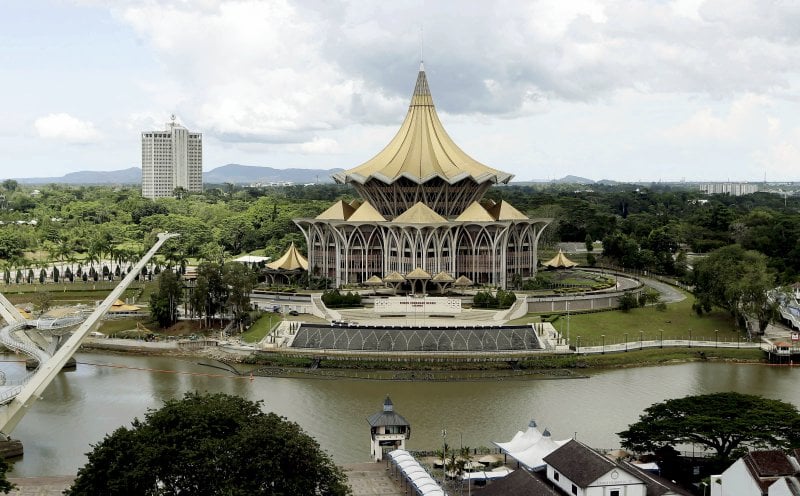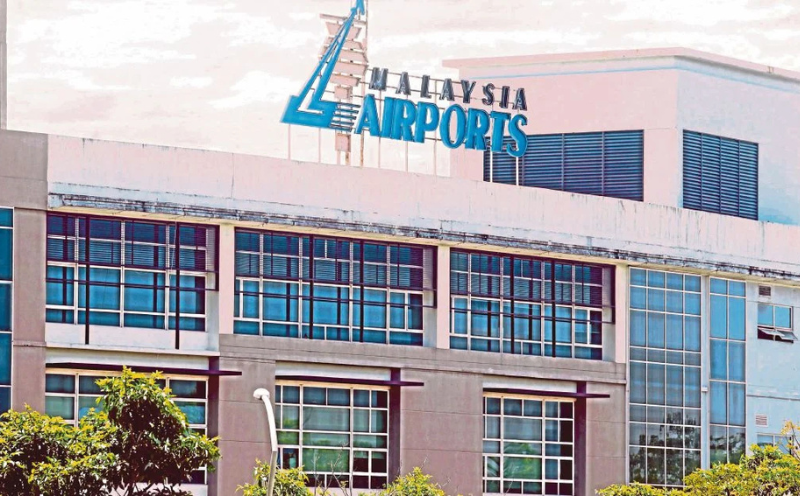KUALA LUMPUR: Incentive-Based Regulation (IBR) and Imbalance Cost Pass-Through (ICPT) are two acronyms that come to mind every six months when the review on the latter is announced.
The most recent was by the Energy Commission (EC) with regards to ICPT surcharge, the first ever imposed in the peninsular since IBR was implemented in 2014.
Thankfully, the surcharge applies only on commercial and industrial electricity users.
Now, what are those two acronyms and how does it affect my electricity bill? These are the questions that most of us would likely be asking.
For the uninitiated, I am sharing what I have gathered based on websites of the EC, Malaysia’s electricity regulator; Tenaga Nasional Berhad (TNB), the national electric utility company; and news portals including www.energywatch.com.my.
We start with IBR or Incentive Based Regulation (IBR). It was implemented by the EC in 2014 as part of the reform of the Malaysian Electricity Supply Industry (MESI).
Among others, IBR was introduced to enable transparency in regulating TNB, as well as to promote efficiency for the industry.
IBR involves “unbundling” of the accounts of entities within Tenaga Nasional Bhd (TNB) to establish a transparent and accountable process.
Single Buyer, formerly a department in TNB was placed in the macro structure of generation, transmission and distribution (& retail).
Single Buyer, which buys electricity from TNB and IPPs on the basis of least-cost dispatch schedule, was carved out of TNB to prevent potential conflict of interest and perceived favouritism. Obviously, it gives priority to generators with the cheapest price.
Thus, under the IBR framework there are now five entities of TNB. The five are Generation, Transmission, Single Buyer, Grid System Operator and Distribution Network, plus Customer Service. According to sources, similar to Single Buyer, Grid System Operator has also been carved out of TNB. Both report to the EC.
With the individual regulatory accounts, the EC gets to break up components in the tariff for a more transparent electricity rates that are derived from a “bundled tariff”.
The IBR also features the Imbalance Cost Pass Through (ICPT) mechanism that allows adjustments to be made in consumers’ electricity bills every six months.
ICPT kicks off with its first regulatory period (RP) starting from January 2015 to December 2017. We are now in the second regulatory period (RP2), another three years starting from 2018 to 2020.
Under ICPT’s half yearly review, there is a varying rates of a rebate or surcharge to reflect changes in prices of fuel for electricity generation.
Movements in the prices of imported gas and coal prices, as well as domestic gas in the previous six months will be reflected as surcharge or rebate in the following six months.
Eight cycles of ICPT were announced from the period of March 2015 to December 2018, with the first seven ICPT cycles involves rebates. Rebates of 2.25 sen/kWh was announced in 2015, 1.52 sen/kWh in 2016, 2017 and Jan to June 2018.
From July to December 2018, a surcharge is imposed.
Many may ask why a surcharge is imposed this time around, and why not continue with the rebate.
Before getting into that, we need to digest some background information as follows:
Firstly, all consumers are affected by the ICPT mechanism but exemption is given on domestic consumers using less than 300kWh of electricity monthly, equivalent to RM77. In addition to this, in the recent ICPT revision, domestic users with bills over RM77 do not have to pay surcharge as their’s are financed by Kumpulan Wang Industri Elektrik (KWIE). However, the balance of this fund is fast depleting.
Secondly, under the IBR, the base tariff is fixed for every regulatory period (RP). The base tariff covers all the electricity operations, i.e. fuel and generation costs, distribution costs, transmission costs, and Single Buyer and Grid System costs. The EC, in its most recent announcement on ICPT said that for RP2 ending 2020, the base tariff is fixed at 39.45 sen/kWh.
Thirdly, the IBR provides for six-monthly adjustments due to changes in the power plants fuel costs via the ICPT mechanism.
And fourthly, Penisular Malaysia’s power generation is highly dependent on fossil fuel with 53 from percent coal, 42 percent natural gas, and five percent hydro together with other forms of renewable energy (RE). Coal is 100 percent imported, making is susceptible to market volatility. It is imported mainly from four countries consisting Indonesia (63 percent), Australia (24 percent), Russia (11 percent) and South Africa (two percent). Meanwhile, gas is sourced from the east coast of the peninsula as well as imported as liquified natural gas.
In essence, electricity costs components has fixed and variable elements with the latter influenced by world demand for coal and gas, fluctuation of the ringgit and gas subsidy rationalisation program.
The EC in its recent announcement of ICPT stated that coal price has risen by more than 20 percent to US$91.66/metric tonne against US$75/metric tonne used to in the forecast use to calculate base tariff.
When converted to the ringgit, the local currency has depreciated to 4.0409 versus the greenback, which means the price of imported coal in ringgit has soared to more than RM370 per tonne from over RM250/metric tonne in January 2014.
The implementation of gas price subsidy rationalisation has causes gradual increment in the price of gas at the rate of RM1.50/mmbtu every six months. For the past four years, it had increased by a whopping 69 per cent to RM25.70/mmbtu in July 2018 from RM15.20/mmbtu in January 2014.
So far, RM6.3 billion in rebate has been passed through to customers, a part of it funded by KWIE. Surely the imposition of a surcharge this time is an indication of depleting KWIE funds. It’s time for us users to reflect back on our energy consumption and practice efficient energy usage. -- BERNAMA


